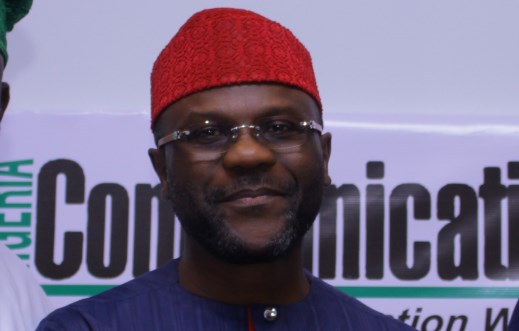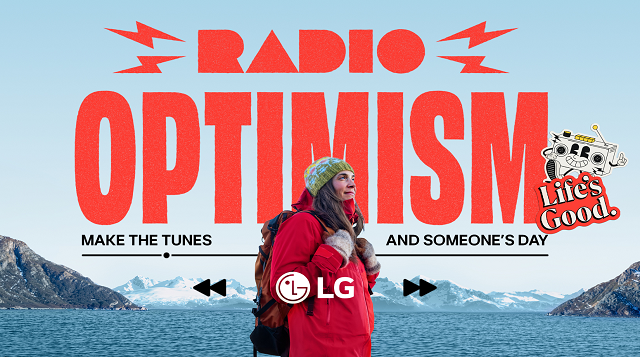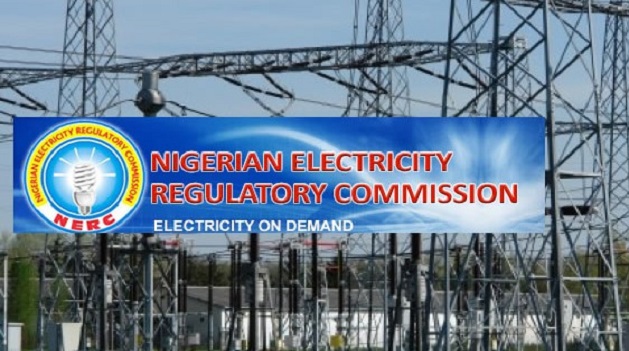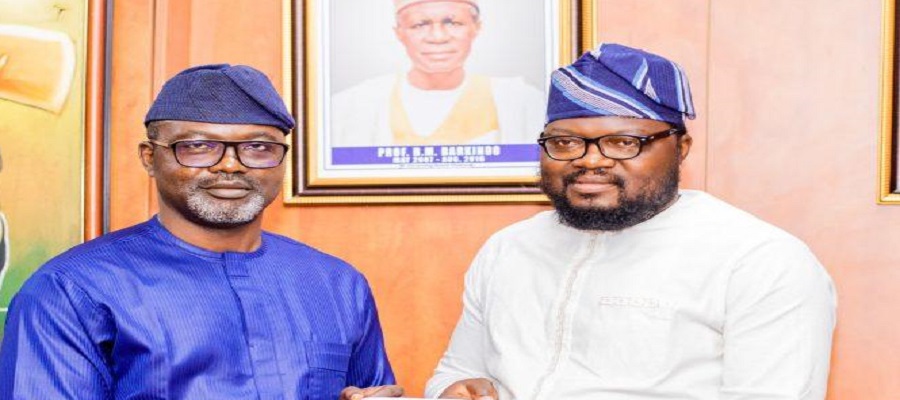News
Systemspecs Trains Students to Become Globally Competitive at Remita Summer Coding Camp

Determined to improve the country’s education and engage young Nigerians to become globally competitive through the facilitation of capacity building and technology transfer boot camp, SystemSpecs, leading software company in Nigeria has pulled secondary school students together in a-two week intensive coding sessions in Lagos and Abuja.
Tagged Remita Summer Coding Camp, the two-week summer camp, according to SystemSpecs Corporate Social Responsibility programme coordinator, Akor Akpenyi, will build the capacity of the students to become globally competitive via coding and other technology programmes, which in many ways will provide solutions to Nigeria’s perennial challenges.
Akpenyi further explained that the coding camp is not a one-off platform, but a five-to ten-year plan that will help to drive national growth and development, especially in education.
“Today, we are engaging the secondary school students. Tomorrow, we may decide to engage the university students in order to build capacity and transfer knowledge through the application of technology in respect to artificial intelligence, machine learning and the Internet of Things, animation, building games, 3D printing along with some other interesting training”, she said.
According to her, “the knowledge gained from the training exercise would later transform to become major vocations that the students would lean-on to become value-adding professionals in the next couple of years. Our intention is to develop the ability of these students for the nation”, she said.
One of the parents who accompanied one of the participating students, Aishat Lawal at the summer camp, Olajide Lawal, told the media that he purposely brought her 12-year old daughter who is in JSS3 at the Federal Government College, Ibillo, Edo State, to the camp to learn how to write a line of code.
Lawal said that he had to register her ward when he learnt about the opportunities available to students who are digitally-inclined in this present digital age.
“I see a lot of opportunities that are lacking in my local government and brought Aishat here to build her capacity in addition to what she is being taught in Federal Government College”, Lawal said.
Lawal who brought her daughter from Ifelodun Local Government to Lekki, venue of the coding camp said he was satisfied with the high level of facilitators who administer the coding classes.
“Aishat told me that they were taught how to build animation, games, 3D printing and many other things. I know that after the two weeks, she would have learnt a lot of things”, Lawal explained.
However, the Executive Director, SystemSpecs, Deremi Atanda who was at the camp to raise the morale of the students said SystemSpecs is building the capacity of the students on how to discover the reason why they are in school.
“We are complementing what the government is doing. If one of the fundamental responsibilities of the government is being challenged, we cannot complain. We must look at what we can do to complement the government’s efforts. That’s education on a general level.
“At SystemSpecs, we are more interested in national competitiveness that rides on the back of the knowledge economy and knowledge economy thrives on the back of effective technology skills. That is what is driving our involvement in the summer camp, which is not a short-term plan but a long term plan. This is how SystemSpecs is contributing to national development, particularly in the area of education.
“It’s time for us to start planning for long-term development as a nation where young people can build capacity and skills to support local businesses. It may be too late to get the attention of students who are already in tertiary institutions because their minds are already made”, he advised.
In his words, Atanda said catching the secondary students young would make them be more “productive to serve in the local economy much earlier and become globally competitive”.
News
LG Launches “Radio Optimism” Campaign to Spread “Life’s Good” Through Music

LG Electronics has launched a new brand campaign, “Radio Optimism,” designed to help strengthen meaningful human connections and spread optimism through shared musical experiences.

This initiative aligns with LG’s brand promise, “Life’s Good,” and addresses the growing challenge of forming genuine relationships in a technology-driven world.
The Radio Optimism campaign seeks to counteract the disconnection often felt in an era dominated by superficial interactions, such as likes and comments on social media. By harnessing the power of music, LG aims to foster deeper bonds among individuals, promoting a more fulfilling life.
“As technology advances, meaningful human connections become increasingly vital to enrich our lives. LG continues its commitment to bringing optimism into customers’ daily lives, staying true to our enduring brand promise of ‘Life’s Good,’” said Kim Hyo-eun, head of LG’s Brand Management Division.
This campaign reinforces LG’s commitment to creating enriching experiences in digital spaces where today’s consumers spend significant time. Building on this mission, LG has continuously engaged with younger audiences through participatory campaigns that bring the Life’s Good philosophy to life.
Last year’s “Optimism your feed” campaign leveraged social algorithms to foster positivity on social media. This new initiative specifically seeks to address the paradoxical disconnection in an era of hyper-connectivity.
“One of the most reliable predictors of happiness is having deep and meaningful relationships,” said Jean M. Twenge, Professor of Psychology at San Diego State University. “Yet today, many people are spending more time online and less time connecting in person. Social media in particular tends to create shallow relationships rather than the deep connections people need.
“It’s common for people to have hundreds of followers but no one to talk to in real life if they need support. We need to build more meaningful connections with those around us. That might turn around the pronounced decline in happiness that’s occurred over the last decade.”
A new global study* from LG on social connection reveals that 68 percent of people find it harder to make real friends, and a third reported having one or fewer meaningful connections in the past month, with 8 percent experiencing none at all.
Inspired by traditional radio’s unique way of connecting people through music and storytelling, the Radio Optimism campaign transforms this concept into an interactive platform where participants can create and send personalized songs to their loved ones.
Users can easily create new songs using AI-powered tools, which are thoroughly trained on a curated music dataset. These tools interpret user prompts to produce unique musical pieces and generate matching album art, providing an engaging and personalized experience. Once generated, these songs can be sent to recipients to deepen their connection and made available for others to discover worldwide.
According to the survey, nearly 9 in 10 respondents believe that meaningful connections lead to a more optimistic outlook on life. By providing a platform for individuals to express their feelings, this campaign aims to foster deeper connections and help individuals enrich their lives while spreading optimism in their own ways.
The campaign website is available in English and Spanish, with plans to support additional languages in the coming months to enable broader participation. The official website can be found at RadioOptimism.lg.com.
News
Nigeria’s Electricity Output Climbs 10.92% in Q1 2025, Boosted by Thermal Plants

Nigeria’s electricity generation rose by 10.92% in the first quarter of 2025, driven by improved operational capacity and better availability of thermal and hydropower plants supplying the national grid.

This is according to the latest report from the Nigerian Electricity Regulatory Commission (NERC) for Q1 2025.
Total energy generated stood at 10,304.47 gigawatt-hours (GWh), up from 9,289.95 GWh recorded in the previous quarter. The increase highlights stronger performance across multiple power plants, supported by improved grid dispatch conditions.
NERC noted that average hourly generation on the grid also grew by 13.39%, rising to 4,770.59 megawatt-hours per hour (MWh/h) from 4,207.41 MWh/h in Q4 2024—an increase of 563.18 MWh/h.
“The hourly generation and the total generation increased by 13.39% and 10.92% respectively in Q1 2025 compared to Q4 2024. This rise is linked to an increase in the cumulative available generation capacity of grid-connected plants,” the report stated.
A total of 19 power plants boosted their output during the quarter, contributing significantly to the overall rise in generation.
Thermal power plants were the main drivers of growth. Out of the 23 thermal plants connected to the grid, 16 recorded higher average hourly output compared to the previous quarter.
Top contributors included Delta_1, which added 157.58 MWh/h, followed by Geregu_2 (71.95 MWh/h), Egbin_1 (68.20 MWh/h), and Afam_2 (68.03 MWh/h).
Hydropower plants also supported the growth, though at a smaller scale. The five grid-connected hydro stations posted a combined increase of 54.93 MWh/h, marking a 4% improvement. Zungeru_1 led with a 23.55% rise, while Shiroro_1 and Kainji_1 grew by 12.21% and 4.80% respectively.
This first-quarter improvement reflects ongoing efforts to stabilize power supply through better plant maintenance, enhanced grid management, and more consistent dispatch across regions.
However, challenges such as fuel supply to plants, equipment reliability, and high operating costs continue to limit the full potential of Nigeria’s power generation capacity.
News
DBI, Miva Open University Partner to Advance Digital Innovation, Education

Digital Bridge Institute (DBI) and Miva Open University, Abuja, have signed a Memorandum of Understanding (MoU) to jointly promote digital technology and academic excellence in computer science and innovation.

Mr. David Daser, president/CEO, DBI, and Professor Tayo Arulogun, vice chancellor, Miva Open University.
DBI, a Federal Government-owned ICT training institute with headquarters in Abuja and campuses across Nigeria’s six geo-political zones, hosted the signing ceremony at its headquarters.
The MoU marks a significant step in formalizing and strengthening the existing relationship between the two institutions.
Signing on behalf of their institutions were
Speaking during the event, Mr. Daser praised Professor Arulogun’s leadership and commitment to academic development, which he said made the partnership possible. He emphasized that unlike many MoUs that remain inactive, this collaboration is set to deliver tangible results.
“We value this partnership and are confident it will meaningfully contribute to Nigeria’s education sector. DBI is fully prepared to implement the agreement and drive an impact across our campuses in Enugu, Abuja, Kano, Lagos, Asaba, and Yola,” Daser said.
He added that the collaboration would strengthen DBI’s National Innovation Diploma (NID) program and other initiatives through shared resources and new opportunities.
Professor Arulogun, in his remarks, highlighted the need for greater collaboration among Nigerian universities, criticizing the prevalent “do-it-alone syndrome.”
“Many institutions prefer to operate in silos, but collaboration is key. Pooling resources and working together will enhance capacity and academic output,” he stated. “With this partnership, we are ready to hit the ground running from student exchange to joint innovation projects like hackathons.”
He noted that hackathons provide platforms for discovering hidden talents and fostering innovation, and Miva is eager to integrate such activities into its academic programs.
Mr. Emeka Nzeih, head of Learning and Development, DBI, outlined the partnership’s key focus areas: student internships, real-world project collaborations, joint research in fields like AI, robotics, and cybersecurity, and shared access to DBI’s ICT labs and equipment for Miva’s students and faculty.
According to Nzeih, the initiative aims to enhance practical learning, foster innovation, and build capacity through collaborative training, research, and mentorship.

 Telecom2 days ago
Telecom2 days agoMTN Nigeria Debuts Game-Changing CPaaS Platform at NextNow Forum

 News2 days ago
News2 days agoAMCON Confirms ₦100Bn Sale of Ibadan DisCo Amid Legal Disputes

 E-Financial1 day ago
E-Financial1 day agoCourt Affirms NIBSS Authority to Manage BVN

 E-Financial2 days ago
E-Financial2 days agoNAICOM Issues New Licenses to SanlamAllianz Life, General Insurance

 E-Business2 days ago
E-Business2 days agoDomain of Deception as Attackers Deploy Spyware Under Guise of Legal Threats

 E-Financial2 days ago
E-Financial2 days agoGTCO to Become First Nigerian Bank to List on London Stock Exchange

 Telecom1 day ago
Telecom1 day agoMTN, 9mobile Commence Ground-breaking National Infrastructure Partnership

 Broadcasting2 days ago
Broadcasting2 days agoIFC, AfDB Collaborate with EbonyLife Media to Explore Supporting the African Film Industry to Drive Job Creation


























